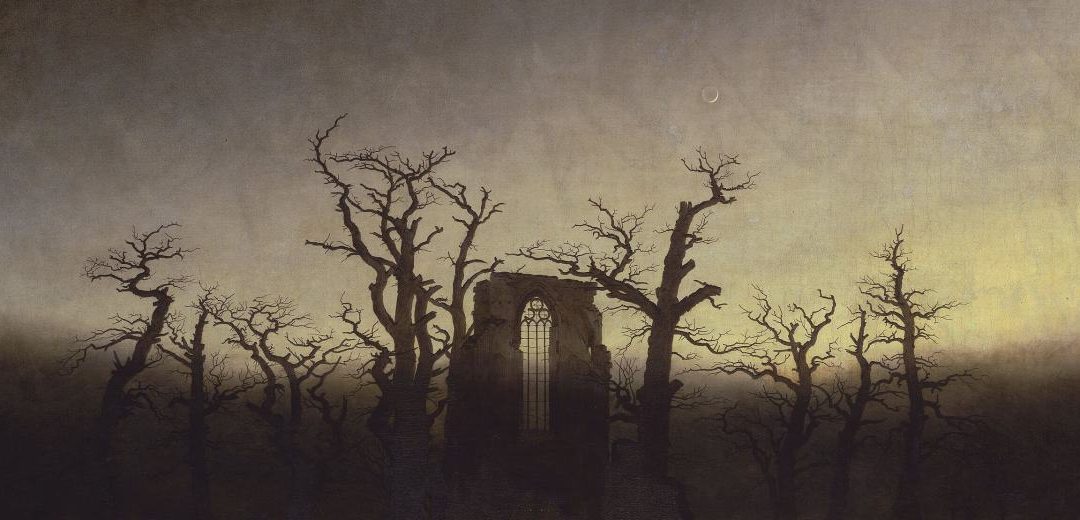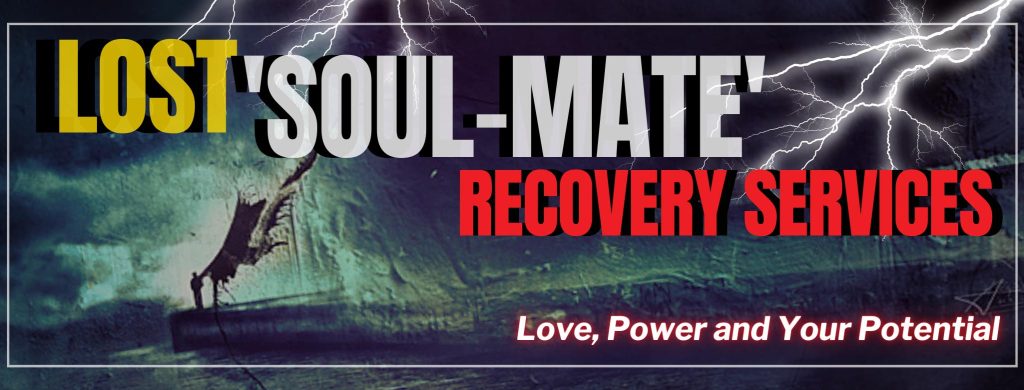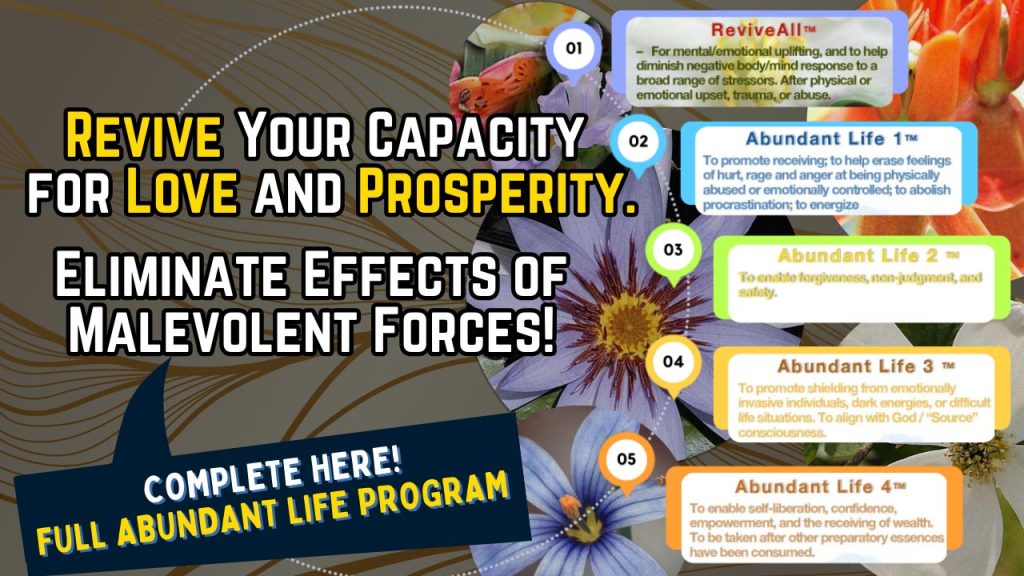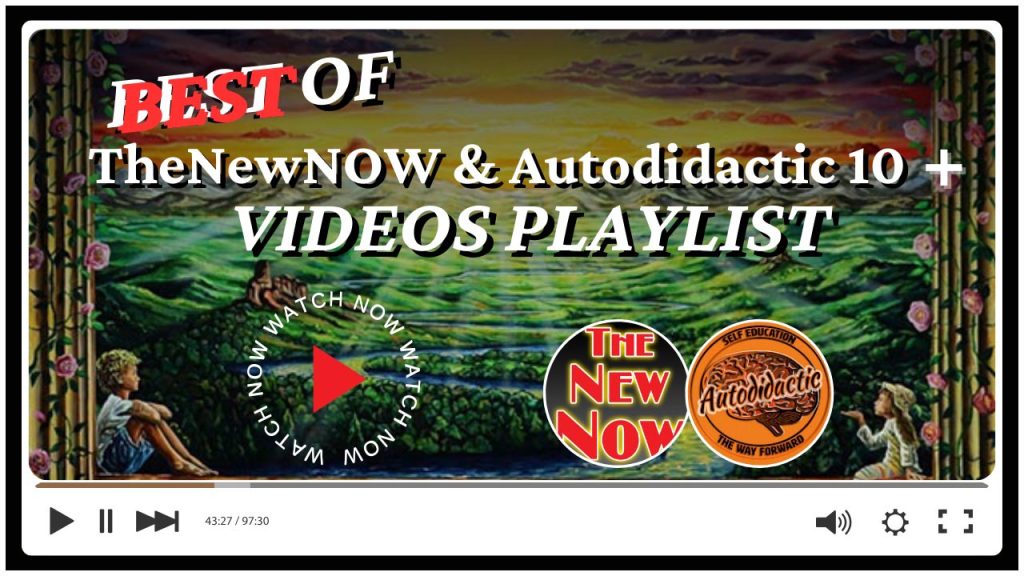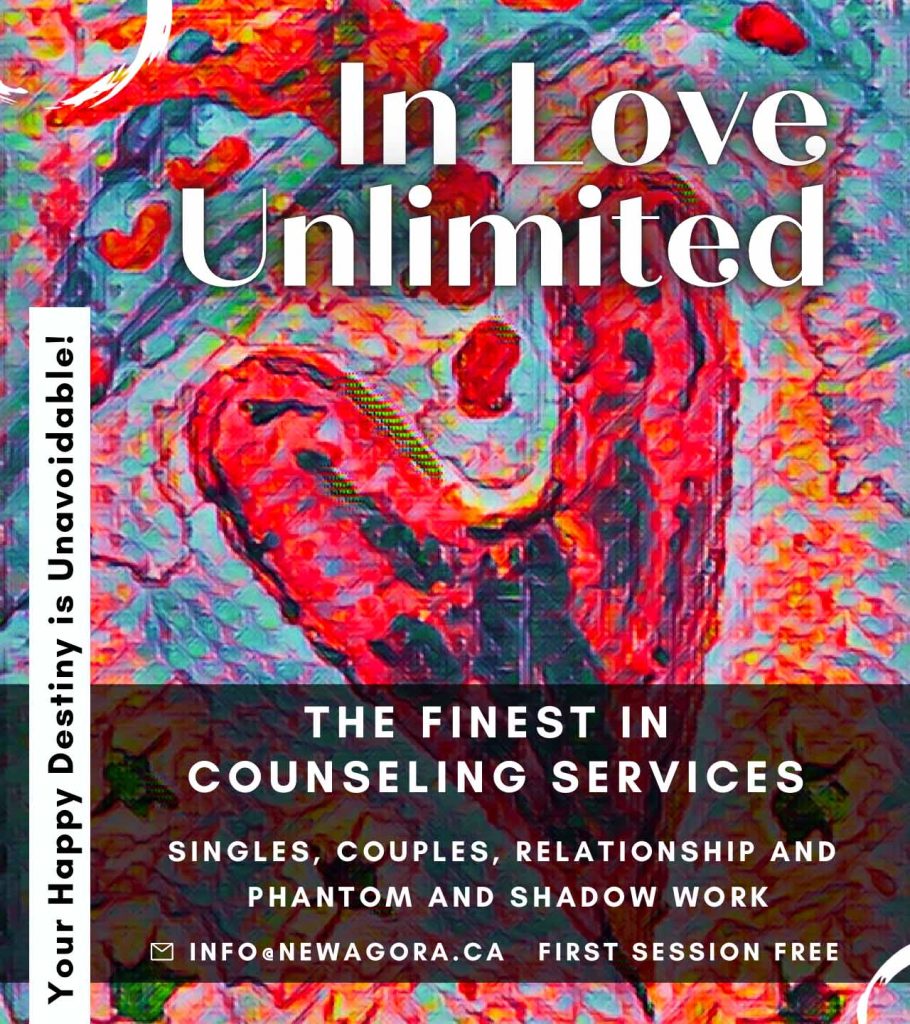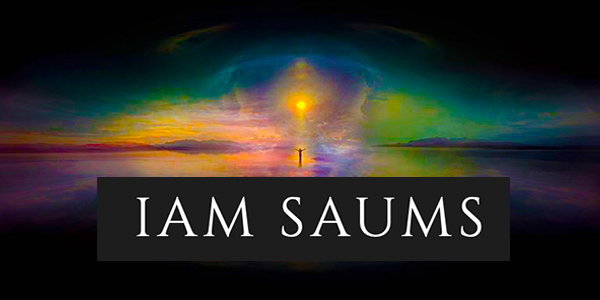Why the Lack of Religion Breeds Mental Illness
The following is a transcript of the video found at the end.o of the text.
“The least of things with a meaning is worth more in life than the greatest of things without it.”
Carl Jung, Practice of Psychotherapy
We live in a world consumed by an endless series of crises. But of all the crises we face the one that may be of the greatest concern, is one that receives relatively little attention, and this is the crisis of meaning. In his essay The Aims of Psychotherapy Carl Jung called this “the general neurosis of our times”, and as he explains further:
“…the lack of meaning in life is a soul-sickness whose full extent and import our age has not yet begun to comprehend.”
Carl Jung, The Structure and Dynamics of the Psyche
This crisis reaches back several generations. In the late 19th century, the philosopher Friedrich Nietzsche observed that nihilism, or what he termed the “radical repudiation of meaning” (The Will to Power) was on the rise in the West. Was this the result of the fall of the Christian worldview and the rise of a scientific, reductionist and mechanistic worldview? Was the “death of god” the most momentous event of the modern era?
“[Nietzsche] felt the agony, the suffering, and the misery of a godless world so intensely, at a time when others were yet blind to its tremendous consequence, that he was able to experience in advance, as it were, the fate of a coming generation.”
Walter Kaufmann, Philosopher, Psychologist, Antichrist
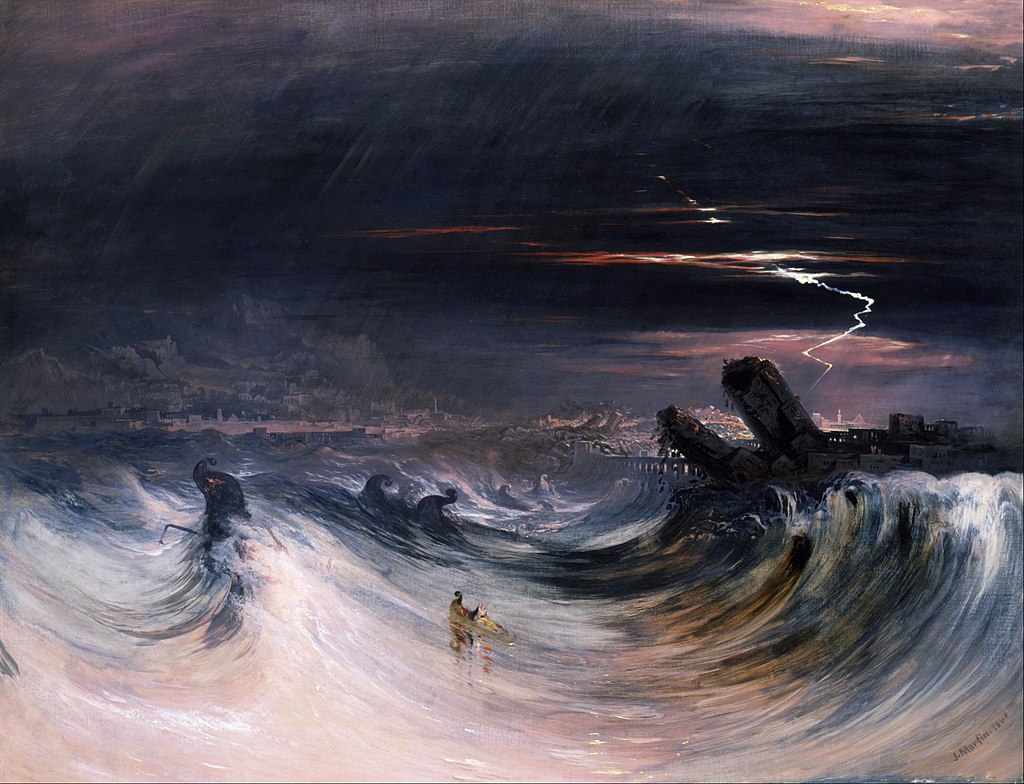
We are now experiencing the fate that Nietzsche prophesized, a fate where, in the words of Viktor Frankl, “Ever more people . . . have the means to live, but no meaning to live for.” (Viktor Frankl) A fate which is manifesting in a “hatred of the existing society, the apocalyptic “sense of an ending” [and the] need for some kind of worthy cause to give meaning to one’s life.” (Redemption by War, Ronald Stromberg)
In this video we are going to explore what meaning in life is and why it is so important. We will then examine why the decline in religion may be the prime cause of this modern crisis of meaning and a prime factor in the widespread occurrence of anxiety disorders, neuroses, and depression.
“. . .happiness is about the present moment, independent of other moments, whereas meaning links events across time, thus integrating past, present, and future.”
Meaning in a human life is grounded in narrative. A life narrative is the story we tell ourselves about ourselves, and this story acts as a sort of cognitive organizing process that helps us make sense of who we are and where we are going. Our narrative gives rise to and sustains our sense of self and just like a novel or movie, it is defined by a particular plot or theme. This theme can be coherent and life-affirming or it can be disjointed, disempowering, incoherent and so lacking in meaning. The less meaning our life has, the more we will suffer, and this is exemplified by the experience of many schizophrenics who struggle to view life through the coherence of a narrative. In Madness and Modernism Louis Sass quotes a schizophrenic patient who said:
“I feel as if I’ve lost the continuity linking the events in my past. Instead of a series of events linked by continuity, my past just seems like disconnected fragments”
And as McGilchrist explains concerning this disturbing lack of a coherent life narrative:
“If your world disintegrates [through a lack of narrative], you stop seeing anything in context, and it becomes puzzling, even frightening. Its sheer facticity then stands out, since it can no longer take its place in any world schema of other things and people that would give it meaning.”
While most people do not suffer the disintegrating effect of no life narrative, what many lack is a satisfying narrative that is rich in meaning. A narrative, in other words, that creates fulfillment, and enables one to cope with the existential conditions of life. The great prevalence of anxiety disorders, depression, addictions, and psychotropic and illicit drug use is evidence which points to this dire lack of meaning, and as Jung notes:
“Meaninglessness inhibits fullness of life and is therefore equivalent to illness.”

To make matters worse while many people feel that their life is missing something, most do not realize that what is missing is meaning. Instead, to fill this void of meaningless, many people chase after more money and material goods, elevated social status, increased knowledge, or most of all more moments of pleasure and happiness. But none of these things are adequate replacements, for as McGilchrist explains:
“People who report being happy but have little or no sense of meaning in their lives have the same gene expression patterns as people who are enduring chronic adversity, such as loneliness, bereavement, or poverty.”
Iain McGilchrist, The Matter with Things
Given the importance of meaning, how can a life lacking it, be infused with it? How, in other words, can we discover a more meaningful life narrative? While there are many practical steps to move us in this direction, from finding a life purpose, to cultivating interpersonal relationships, to confronting life’s challenges, one of the most effective is to tap into the wisdom embedded in the mythos of the great religions.
“What is the use of a religion without a mythos, since religion means, if anything at all, precisely that function which links us back to the eternal myth?”
Carl Jung, Answer to Job
Mythos, or what is more commonly called myth or mythology, contains truths about the human predicament and the nature of the psyche that are expressed in narrative form. These narratives can be used to augment our own personal narrative with rich threads of meaning as they provide insights for how to cope with elements of the human condition, be it freedom, loss, loneliness, sickness, old age, suffering or death.
In the modern day many of us have relegated myth to the realm of fiction, believing that only reason, logic and science, or what is called the domain of logos, can reveal to us the truths of the world. But as Jung writes:
“. . .myth is not fiction: it consists of facts that are continually repeated and can be observed over and over again.”
Carl Jung, Answer to Job
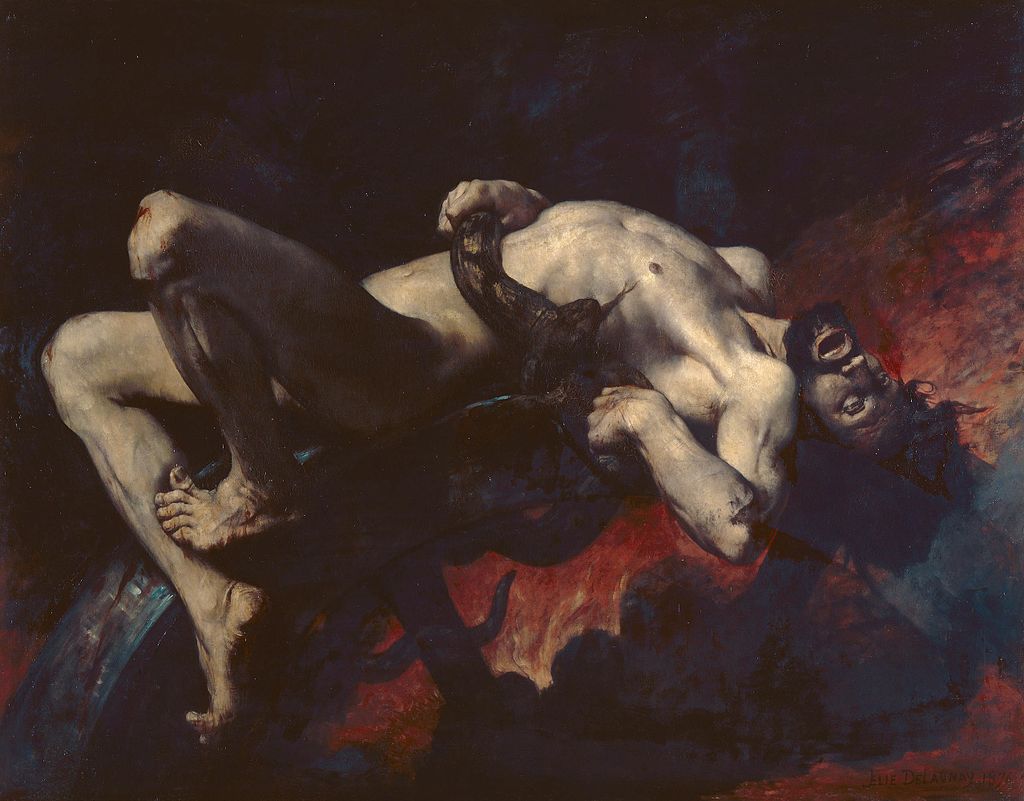
Both logos and mythos are realms for discovering truth. But the truths they reveal are of a different nature. Science teaches us the neurological correlates behind the phenomenon of pain, mythos teaches us how to meaningfully endure pain. Science teaches us how to cure a sickness, mythos teaches us how to meaningfully cope with loss and death. Or as Karen Armstrong explains:
“Logos (or ‘reason’) [is] the pragmatic mode of thought that enables people to function effectively in the world. . . .People have always needed logos to make an efficient weapon, organize their societies, or plan an expedition. Logos [is] . . .continually on the lookout for new ways of controlling the environment … [and is] essential to the survival of our species. But logos has its limitations. Good at manipulating the world and making us powerful, it [does] not contribute to any broader understanding of the meaning of our lives – for that people turned to mythos.”
We can gain exposure to the realm of mythos through great works of literature, be it those of Dostoevsky, Shakespeare, or Cervantes, but the great religions are the ultimate source of this wisdom. For the primary purpose of religion, from time immemorial, has been to help us cope with our existential predicament and to find meaning in life, even if this purpose has at times been corrupted by religion in its organized and institutional forms.
“Not only Christianity with its symbols of salvation,” writes Jung “but all religions, including the primitive with their magical rituals are forms of psychotherapy which treat and heal the suffering of the soul, and the suffering of the body caused by the soul.”
Carl Jung, Practice of Psychotherapy
And in a speech given to a group of psychotherapists in the 1930s he further explains:
“It is not a play on words when I call religion a psychotherapeutic system. It is the most elaborate system, and there’s a great practical truth behind it.”
Carl Jung, The Symbolic Life
As an example of how one can put the mythos of religion to use, Jung explores the symbolic notion of the imitation of Christ.
“[Is not] Jesus a prototype of those who, trusting their inner experience, have gone their individual ways in defiance of the world?”
Carl Jung, Civilization in Transition
The imitation of Christ is the notion that Jesus’ life should be used as template for how to live. According to Saint Augustine, emulating Christ was the fundamental purpose in the life of a good Christian. But as Jung explains, the traditional interpretation of the imitation of Christ, as counselling that we strive to live as Christ did “. . .has this disadvantage: in the long run we worship as a divine example a man who embodied the deepest meaning of life, and then, out of sheer imitation, we forget to make real our own deepest meaning—self-realization. . .” (Carl Jung, Alchemical Studies)
Jung suggests that the imitation of Christ should be interpreted in a symbolic manner as the call to go our own way and to strive to develop ourselves as fully as is humanly possible. For Jung saw Christ as an example of someone who actualized himself completely and who was unafraid to follow his conscience even if it ended in his persecution. Christ, in other words, was an example of a heroic personality.
“The imitation of Christ might well be understood in a deeper sense. It could be taken as the duty to realize one’s deepest conviction with the same courage and the same self-sacrifice shown by Jesus.”
Carl Jung, Alchemical Studies
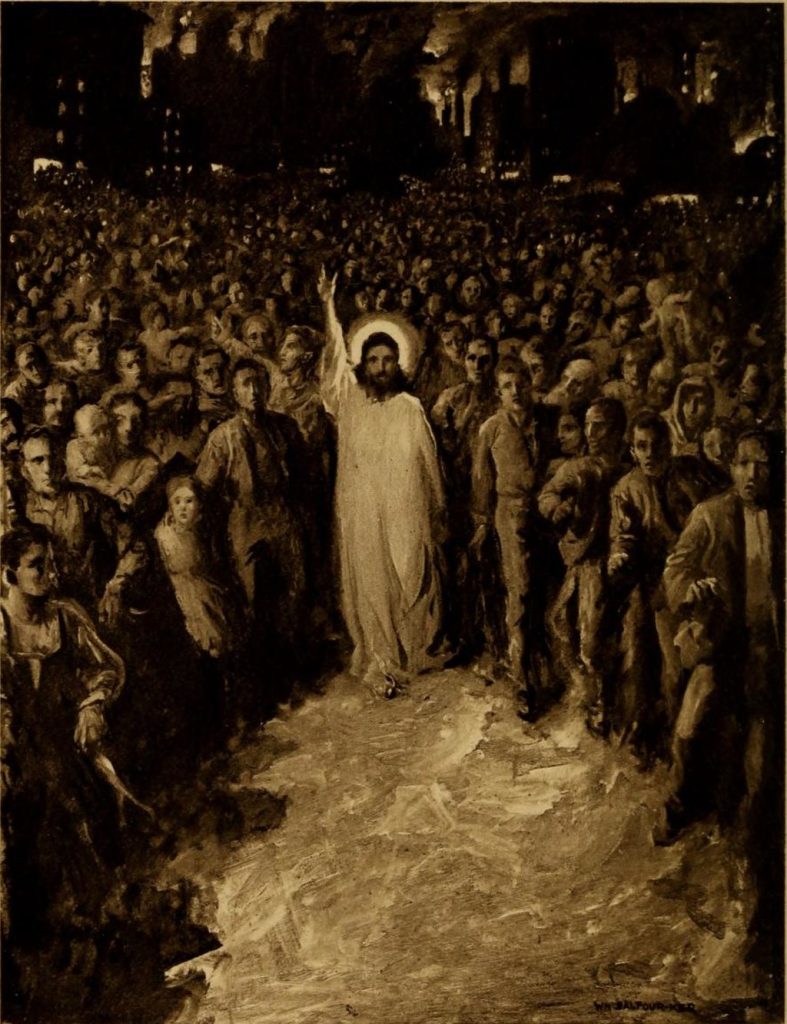
The imitation of Christ is but one example in the deep well of practical wisdom embedded in the great religions, and to profit from this wisdom we do not need to become a follower of an organized religion, nor must we pledge allegiance to any specific sect or creed. For as many organized religions are corrupted by power and degraded by politics, they can be barriers to accessing the authentic truths of religion. Fortunately, profiting from the truths of the great religions can be accomplished through a personal effort. Reading the texts, learning about the various rituals embedded in the mythology and most importantly putting into practice what we learn can give rise to a religious outlook on life. Or as Karen Armstrong explains:
“The only way to assess the value and truth of any myth [is] to act upon it. The myth of the hero, for example, which takes the same form in nearly all cultural traditions … showed us how to live more richly and intensely, how to cope with our mortality, and how creatively to endure the suffering that flesh is heir to. But if we failed to apply it to our situation, a myth would remain abstract and incredible.”
For the truths of religion to impact our life, we do not need to fully understand their meaning. For myths, like dreams, are encoded in symbolic form and so they point in the direction of truths that are not fully comprehendible by the conscious intellect, but as Jung explains:
“We like to imagine that something which we do not understand does not help us in any way. But that is not always so. . .myths [have] a direct effect on the unconscious, no matter whether it is understood or not. The fact that its repeated telling has not long since become obsolete can, I believe, be explained by its usefulness.”
Carl Jung, Archetypes and the Collective Unconscious
In the modern world many of us have completely severed our connection to the realm of mythos and many of us view religion with derision and scorn. Some consider this as a sign of enlightenment and progress, but it may be a form of psychological regression. In a lecture delivered to Yale University in 1937, titled Psychology and Religion, Jung went as far as to call atheism the “urban neurosis” and in his decades of practice, treating hundreds of patients, he came to the conclusion that for some patients the only means of fixing what ailed them was the birth of a religious attitude to life.
“Among those in the second half of life” he wrote “- that is to say, over 35 – there has not been one whose problem in the last resort was not that of finding a religious outlook on life.”
If we continue to spurn religion we will not lose our need for meaning. We will merely look for meaning in other places. We will worship the state, a political party, or science – all of which are inadequate, and sometimes dangerous substitutes to the cultivation of an authentic religious outlook on life.
Perhaps, therefore, we need the mythos of religion to nourish our psyche and imbue our life with meaning and purpose. Perhaps without some form of a religious outlook man descends into the chaos of nihilism, totalitarianism, and hatred of self and society. And for those who think science has done away with our need for religion, Jung poses the following question:
“Can science be so sure that there is no such thing as a “religious instinct”?”
Carl Jung, The Development of Personality
© 2022 Academy of Ideas


